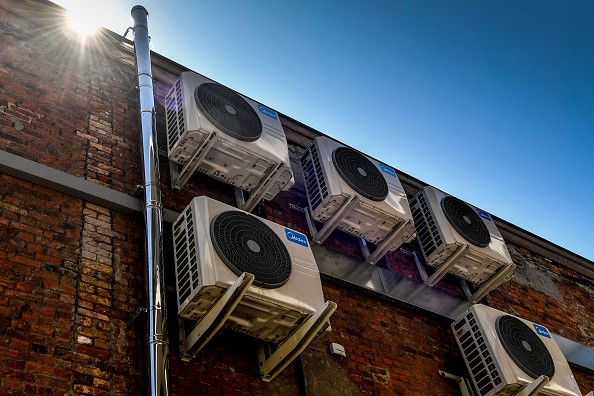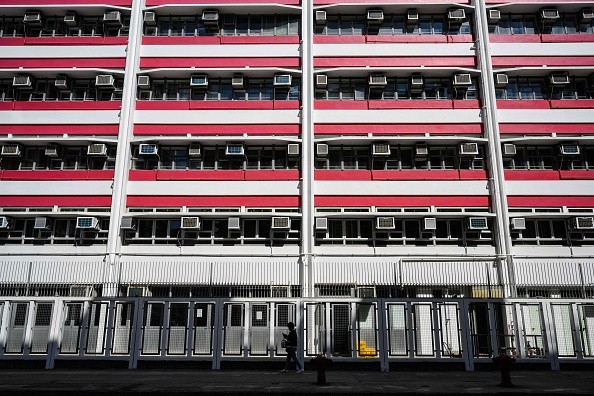There is a good chance that climate will prompt high air conditioning use during summer in the US, according to a study on the level of household demands. The country fears that constant air conditioning use might trigger a prolonged blackout if nothing is done to advance capacity or improve efficiency.

Effect of Human Emissions on Global Cimate
As global temperature increases to 1.5 degrees Celsius (2.7 degrees Fahrenheit) or 2.0 degrees Celsius (3.6 degrees Fahrenheit), the demands for electrical usage increase to about 8% for lower threshold and 13% for a higher threshold, as per Phys.org.
These global emissions and climate change are caused by human activities, human emissions have increased the global temperature to 1.5 degree celsius, this analysis might exceed by the early 2030s, IPCC warns in a report.
Previous research covered the effect of these temperatures on annual electrical conditions for cities and states and in this research, studies have shown that the air conditioning demands on a household basis are on a very high scale.
This study also covers the changes in the usage based on the global temperature and the increase in population, these changes are the real factors that affect the increase in air conditioning demands in the states.
Consequences of Air Conditioning Overuse
According to studies, technological improvement could be of great help in this situation especially when there is a future risk of the global temperature increasing further to 2.0 celsius.
The improvement in the efficiency of air conditioning could supply additional cooling and improve comfort level without increase in electrical usage, according to Science Daily.
There should be an increase in the efficiency of 1% to 8% before these changes can come to place depending on the high level of needs within the cities with Arkansas, Louisiana and Oklahoma on the high end.
During the summer time, the highest use of air conditioning and the heaviest risk of overloading the power grid is usually recorded. If there is lack of facilities to meet these demands, the government fears there will be reduction in the use of utilities to prevent overloading and possible blackout.
"It's a pretty clear warning to all of us that we can't keep doing what we are doing or our energy system will break down in the next few decades, simply because of the summertime air conditioning," said Susanne Benz, a geographer and Dalhousie University's climate scientist who was not part of the new study.

High Electricity Demand
Studies have shown different areas where there are high electrical demands and the highest is said to be within the north south and south west.
Also, some of the highest demands can also be seen in the midwestern states as the increase of the global temperature can triple the demands of high electricity in states like Indiana and Ohio.
The solution to this current dilemma is still under investigation as the government struggles to provide a solution before the global temperature increases above its current temperature.
For more news, updates about climate change and similar topics don't forget to follow Nature World News!
© 2025 NatureWorldNews.com All rights reserved. Do not reproduce without permission.





